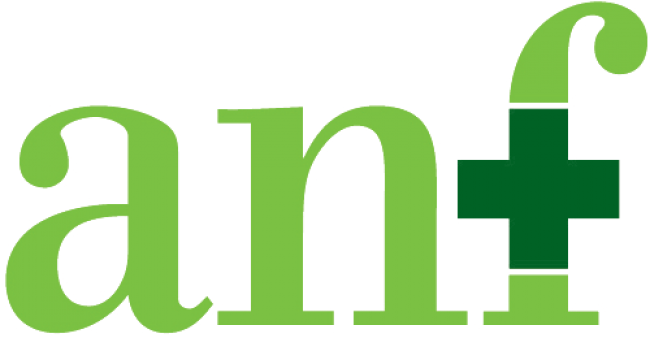Medical Practice Technical Challenges
Gastro
Endoscopic Management of GI Surgical Complications
24-M45
September 26th 2024 - September 27th 2024
COURSE COORDINATORS
Jacques Devière (MD, PhD) ,
Ricardo Rio-Tinto (MD, PhD)
COURSE PRESENTATION
In the last two decades, digestive endoscopy has evolved into a dynamic and therapeutic discipline, closely entwined with surgical practice. Yet, many gastroenterologists and surgeons remain unaware of its immense potential. This course fills that knowledge gap, offering specialized training that can revolutionize your approach to complications arising from gastrointestinal surgery.
Our course goes beyond theory, immersing you in real clinical cases. You'll discover how endoscopy has transformed the management of surgical complications. From leaks and stenoses to post-operative collections, you'll learn to treat these issues with precision, often bypassing the need for traditional surgery.
In just a short time, you'll gain the knowledge and practical expertise to confidently navigate the complexities of endoscopic interventions. By the end of this course, you'll be equipped to deliver superior care and broaden your professional horizons.
Our course goes beyond theory, immersing you in real clinical cases. You'll discover how endoscopy has transformed the management of surgical complications. From leaks and stenoses to post-operative collections, you'll learn to treat these issues with precision, often bypassing the need for traditional surgery.
In just a short time, you'll gain the knowledge and practical expertise to confidently navigate the complexities of endoscopic interventions. By the end of this course, you'll be equipped to deliver superior care and broaden your professional horizons.
TARGET AUDIENCE
The first module (day 1) of the course is aimed at interns and specialists in the fields of General Surgery and Gastroenterology, as well as Endoscopy Nurses.
The second module (day 2) is aimed exclusively at interns or intermediate and advanced specialists in Gastroenterology.
The second module (day 2) is aimed exclusively at interns or intermediate and advanced specialists in Gastroenterology.
LEARNING OBJECTIVES >> KNOWLEDGE AND SKILLS TO DEVELOP
- Identification of Surgical Complications: Ability to identify surgical complications suitable for endoscopic resolution.
- Therapeutic Options: Understanding and recognition of various therapeutic options for different complications and clinical situations.
- Decision-Making Skills: Acquiring knowledge to make informed decisions in diverse clinical situations
- Technical Proficiency: Developing technical skills and competence in employing various endoscopic techniques.
- Adaptability: Learning to correct and modify pre-defined plans in response to surgical complications.
- Patient Follow-Up: Gaining knowledge and skills in the post-procedural management of patients after effective endoscopic procedures.
- Problem Resolution: Developing the ability to resolve limitations and complications arising during endoscopic treatments for surgical complications.
- Comprehensive Competence: Integrating knowledge, technical skills, and decision-making abilities to achieve comprehensive competence in endoscopy for surgical complications.
ADMISSION CRITERIA
- CV
- Or letter of enrolment in a recognized training program for these medical specialties from the institution of practice






